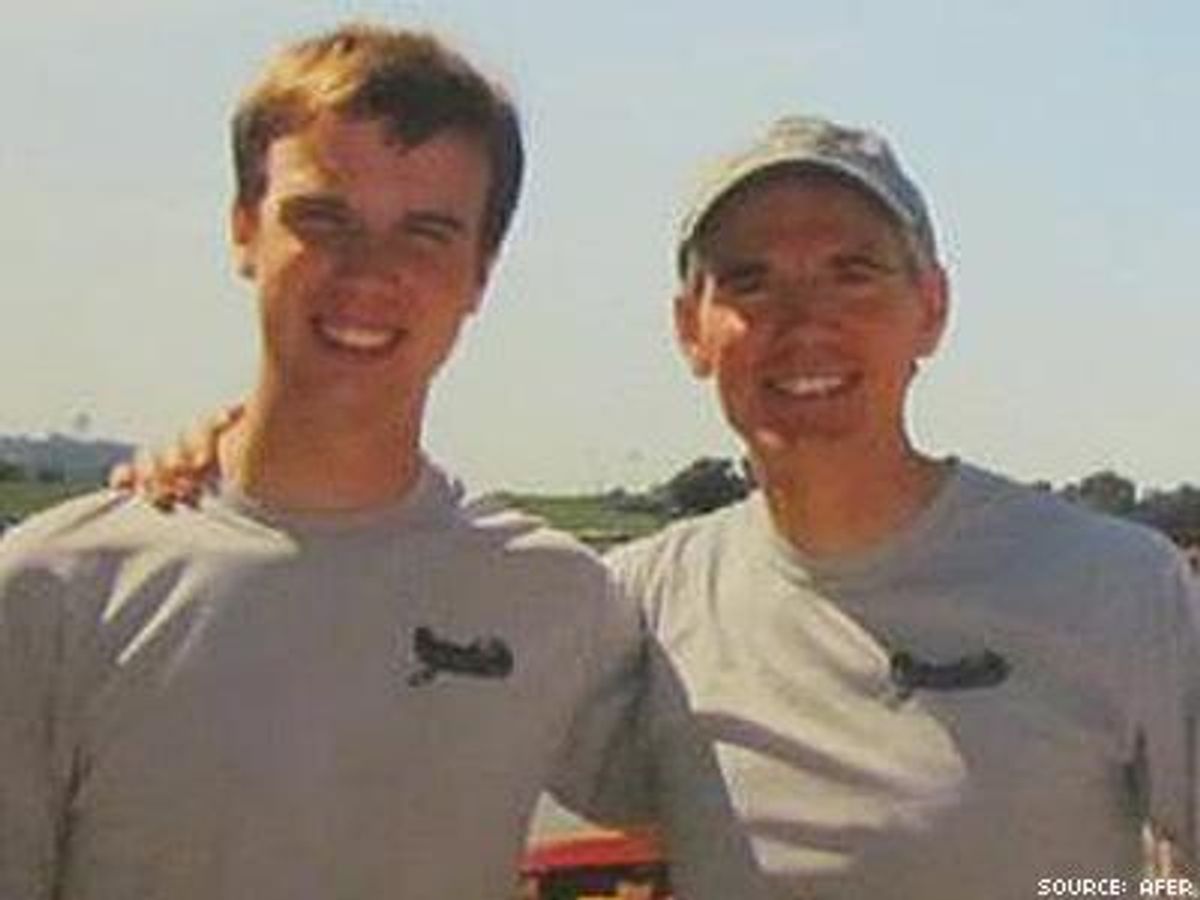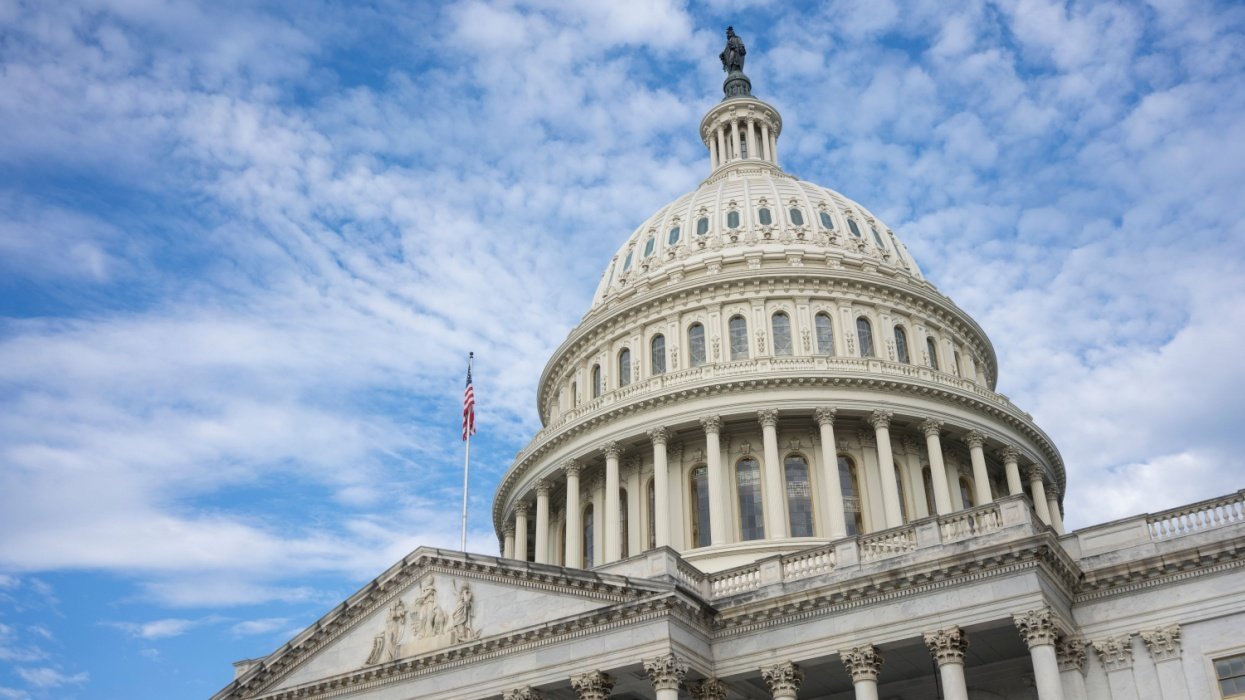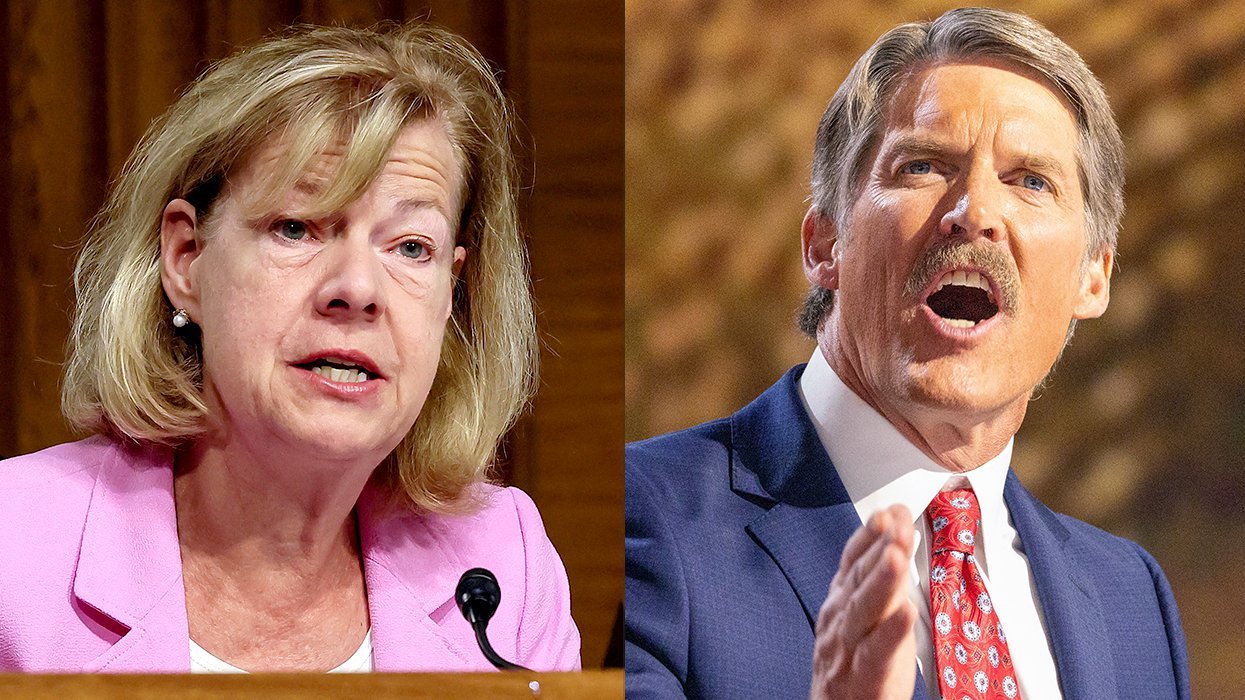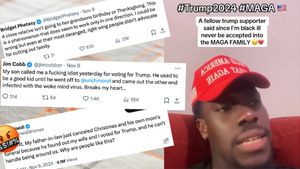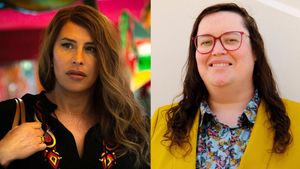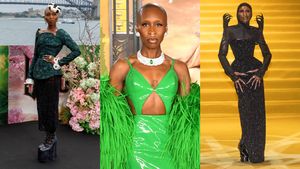Among the most important of Harvey Milk's messages to LGBT Americans is that we must come out. That central idea is why marriage equality is now the law in nine states, plus the District of Columbia, and three Native-American tribes.
For a long time, activists had made campaigns for marriage equality too much about a quest for legal benefits, as if arguing a court case. Research from the Third Way and others has shown that voters relate better to our personal stories. They relate to our desire to stand before family and friends and declare love for another person -- and then to have no government tell us the love isn't real.
If there's one lesson from Ohio Sen. Rob Portman's position-switch on marriage equality, it's that we have to come out of the closet. So much more could be accomplished if those gay Americans who think they're living an out life did a better job of it.
Portman is a Republican who as a congressman voted for the Defense of Marriage Act, who voted for an amendment to the U.S. Constitution to ban same-sex marriage, and who voted against letting same-sex couples in the District of Columbia adopt children. While some argue he didn't make a big deal about being antigay, Portman had a clear track record. Whatever view he once held of the world, though, was struck down two years ago when his son Will came out.
Isn't that how it happened for a lot of our parents? I come from a family with evangelical roots, a family of pastors and missionaries, and I was taught in church that being gay is a sin that gets people relegated to Hell. Then when I came out, after struggling against all I'd been taught, my parents had to rethink everything they'd learned from society or come to expect for my life. Like Portman, they offered "love" and "support" to their son, but also like Portman I know it took time for them to come to terms.
Then, one after the other, the fact I'd come out spread through conversations my parents had with the rest of my family, who all contended differently with the new reality that someone they love is gay. From then on, I've had to tell coworkers. I've told bosses. From the day you come out, you keep coming out -- at least if you're doing your part.
We'd like to think that our culture has come so far that it should no longer matter whether a person is gay. But that's still fantasy. Coming out matters a lot, especially when you're related to a U.S. senator.
It's a worthwhile fantasy to have, that society should be laissez-faire about sexual orientation, that maybe even labels will one day fade, with their definitions antiquated. But, now is a time for reality. This country verges on breakthroughs for equal rights that can only be attained by trying. It's not a time for assuming what has not been won.
Coming out forces our friends and loved ones and coworkers and admirers to face reality. The reality we realized later than we should have is that the first American woman in space was a lesbian; she only made it known after death. The music genius who discovered Whitney Houston is bisexual and just came out, as he enters his eighties. Even after decades of remaining steadfastly private, those comings out mattered to the aspiring astronauts and music executives among our youth.
While accepting a lifetime achievement award at the Golden Globes, actress Jodie Foster claimed she'd come out years ago as a young girl and told the people who were important to her. Meanwhile, she commanded a national audience who she said nothing to. When she finally came out to the rest of us, it made a difference. It must have, after all, because it's not as if her speech went unnoticed by the media.
"We must destroy the myths once and for all," Harvey Milk said famously, referring to arguments like the one still employed by the Boy Scouts, that gays are prone to pedophilia, or like the one that we're bad for team morale used to keep soldiers and NFL players closeted. "We must continue to speak out and most importantly, every gay person must come out. As difficult as it is, you must tell your immediate family, you must tell your relatives, you must tell your friends -- if they indeed are your friends -- you must tell your neighbors, you must tell the people you work with, you must tell the people in the stores you shop in, and once they realize that we are indeed their children and that we are indeed everywhere, every myth, every lie, every innuendo will be destroyed once and for all."
Then Milk made an understatement, "And once you do you will feel so much better."
That feeling you get continues, and it continues to make you feel better, to make all of us feel better. We will "feel so much better" because the more coming out that happens, the more rights we get. We will one day be able to hold hands in public without fear of hate crimes, to have weddings in any church, to have children who the law says are our own and who never worry their parents aren't really married. Truly, we'll feel so much better.
The more that any of us says proudly at the kitchen table or on Facebook that it matters whether Chris Christie vetoed marriage equality, it matters to my life how the Supreme Court rules, it matters whether the law gives us equal rights, then the more likely all of us are to get them.
LUCAS GRINDLEY is the editor for Advocate.com and news director for The Advocate. He lives in Los Angeles with his husband and two foster daughters.
